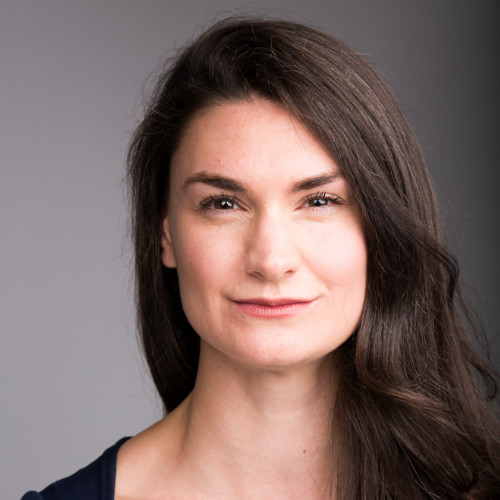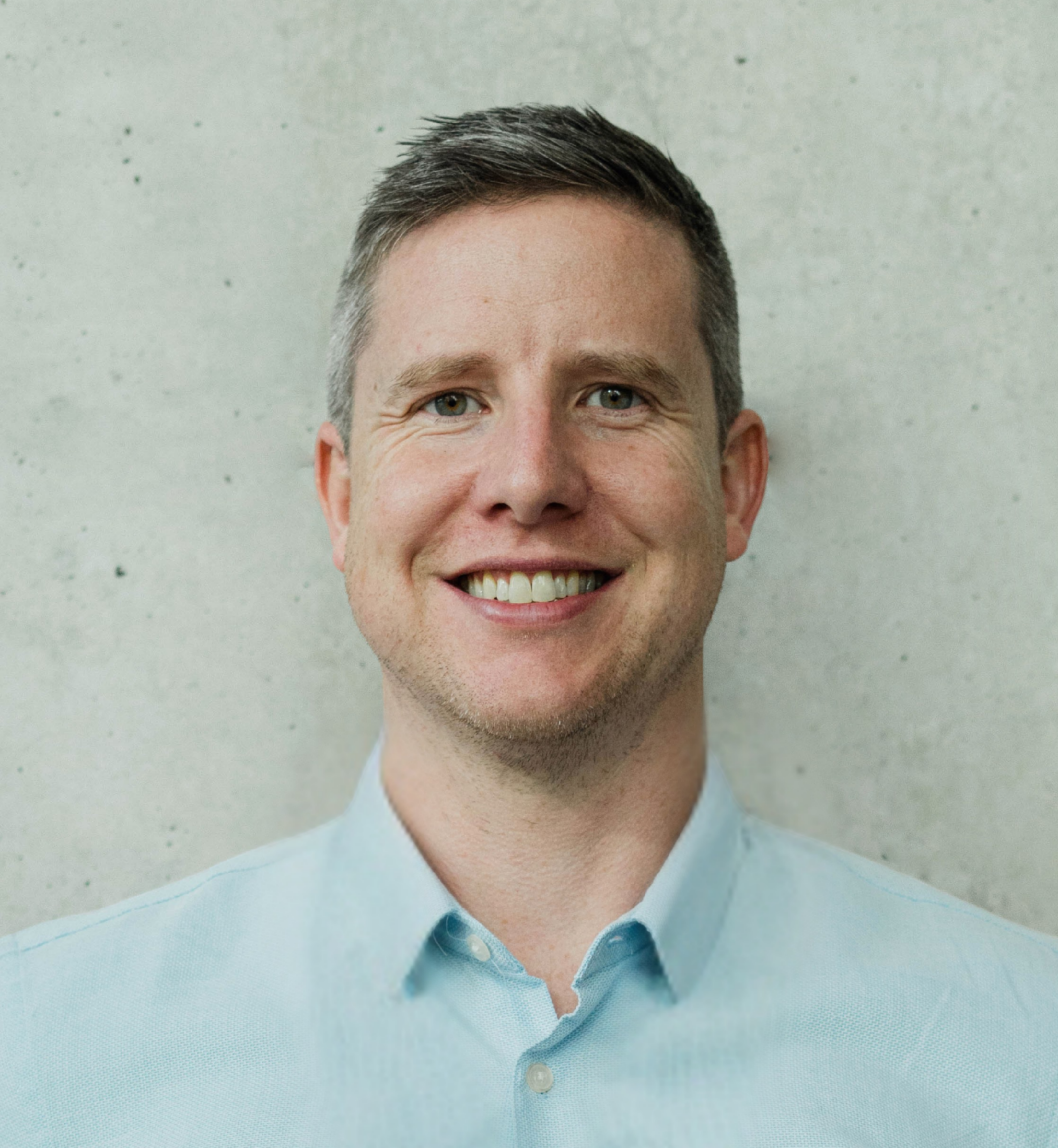Tess Deveze, a Melbourne-based occupational therapist and sex educator, passed away in July this year after fighting cancer for nearly a decade. Tess was a champion of sex-positivity in the disability space, working as an occupational therapist, running consent workshops, and advocating publicly for greater understanding of the importance of sexual wellness and intimacy for those working in clinical practice. Tess collaborated with DSC on a number of projects over the years, and we feel their loss keenly. Below, a few people from both inside and outside our organisation share their reflections on working with Tess, and the impact they had on the world at large.
Georgie Wolf: “It’s an incredible privilege to have an accomplished sex educator as one of your best friends.”
From the moment Tess and I met - on a Northside pub crawl, of all things - we bonded over sex-positive nerdery and deep chats about how consent could make the world a better place. I was (and still am) a champion of accessible sex and communication skills, and Tess was applying the skills and knowledge they used as an occupational therapist to teach consent, kink, and ethical non-monogamy to a horde of eager, diverse students.
Tess’ cancer diagnosis only made them more focused: in their experiences struggling with intimacy during their treatment, they spotted yet another opportunity to serve others. Before the first course of their treatment was done, they’d established a unique series of online resources to help others regain their sense of intimacy and connection with their partners after cancer treatment. Later, there was a book, and then a Facebook community that supported thousands. All this while still holding down a private practice, seeing people with a disability as a sexual health specialist.
It’s an incredible privilege to have an accomplished sex educator as one of your best friends. We skill-shared furiously; I helped design Tess’ book cover, while they tutored me on the finer points of sexual health, gender, and consent. We celebrated each success, commiserated when things didn’t go right, and held each other up through the endless grind that comes with working solo. Throughout all this, Tess’ conviction - that the information they had to share about sex and cancer was desperately needed - kept them moving even through the worst of their treatments. Even in the last week of their life, they were still insisting from their hospital bed that they’d be getting on a plane shortly to fly to their next conference appearance.
They didn’t end up making it to that engagement, but those of us who are still here are committed to making sure that their work continues to find the people who need it. Given their determination while they were alive, it’s the least we can do.
Todd Winther: “Humanity was at the core of our work together”
Many people perceive disability as a collection of deficits leading to a diagnosis, but Tess saw disability in the opposite way. For Tess, humanity was at the core of our work together, alongside Rob Woolley. Although disability and sex can be considered controversial topics, especially when taken together, Tess never sensationalised them nor treated them in an overly clinical fashion. Tess’s great gift was that they searched for a connection to people individually in every circumstance and emphasised that their uniqueness mattered.
Although I only knew them briefly, I learnt so much from them, and I will carry on so much of their wisdom. There are so many questions I never got the opportunity to ask them, and so many conversations that could have happened, but I’m grateful for the time we spent together and that our work will continue to be available to the sector.
Rob Woolley: “It’s better to have witnessed something great for a short time, than never to have witnessed it at all.”
The phrase that often comes up when talking about working with Tess is ‘it was a privilege’, which sounds a bit clichéd. But it really was a privilege to work with them. Another cliche is ‘unique’, but Tess really did have a completely unique way of operating, supporting people, carefully and warmly presenting information that many would find too taboo or difficult to even think about, and finding solutions to big problems.
In just a few years, Tess, Todd and I did a lot of really interesting things together. Whether it was creating online learning about supporting intimacy and sexuality for people with disabilities, or delivering workshops to NDIS providers to provide sex-positive services, proposing new service ideas, suggesting ideas for conference sessions, or (best of all) just spitballing on how to make the world a better place. Tess was so calmly clear, unapologetically human and completely unflappable. It seemed like nothing fazed them, ever, at all. Even when supporting people through complex and difficult circumstances, they were cool as a cucumber with life-changing advice.
It’s easy to say life can be so unfair - unfair on individuals and unfair on the rest of us who only get limited time to see how someone can so positively affect the world around them. But the positive spin (which Tess was an expert in finding) is that it’s better to have witnessed something great for a short time, than never to have witnessed it at all. That’s the legacy and impact I think Tess leaves us all to carry forward.
Victoria Cullen: “Tess often said their work was about creating a ‘better normal’ rather than settling for a ‘new normal’”
I was a fangirl of Tess for years, watching them light up rooms as they facilitated workshops, before I finally had the chance to collaborate with them in 2021. Together, we produced online masterclasses on pleasure and orgasm recovery after cancer, supporting people through side effects like erectile changes and vaginal dryness. True to Tess’s spirit, they gathered and published research on the programs to demonstrate their impact. Over 450 participants took part, with 81% reporting benefits such as restored sensation, renewed libido, and stronger connection with partners.
One participant captured the impact perfectly: “This gave us back what cancer took away - we’re kissing, teasing, laughing again”. Tess often said their work was about creating a “better normal” rather than settling for a “new normal,” and that outlook continues in the courses (now hosted by A Touchy Subject). As Tess wrote in the study published just weeks before their passing: “The very thing keeping me alive is also what makes life feel unliveable. That’s why I created these programs. We deserve something better.”
Tess’s legacy
Tess left behind a powerful legacy, which continues to support people navigating sex and intimacy. We want to ensure their work continues to find the people who need it.
If you, or someone you know, could benefit from their online courses and programs at A Touchy Subject.
We’re also giving people free access to DSC’s Supporting Intimacy and Sexuality e-learning that Tess helped develop. Use the code INTM45 Supporting Intimacy and Sexuality
You can also read some of Tess’s research: Rehabilitating Pleasure and Libido After Medical Castration: A Neurological Therapeutic Approach
:format(jpg))



